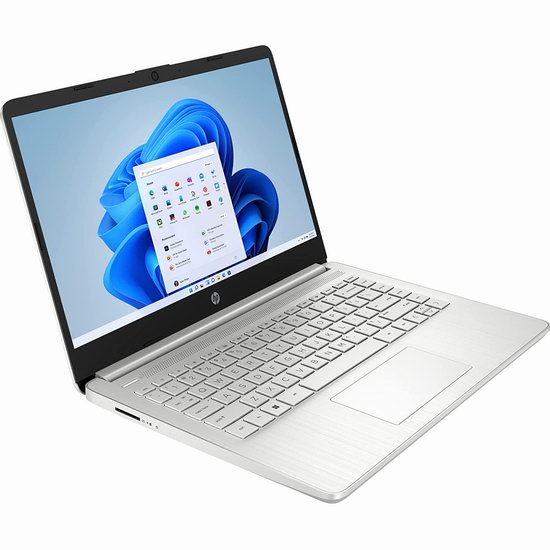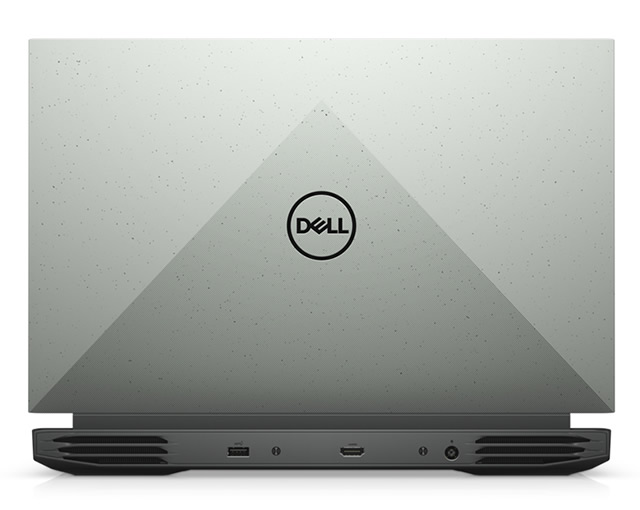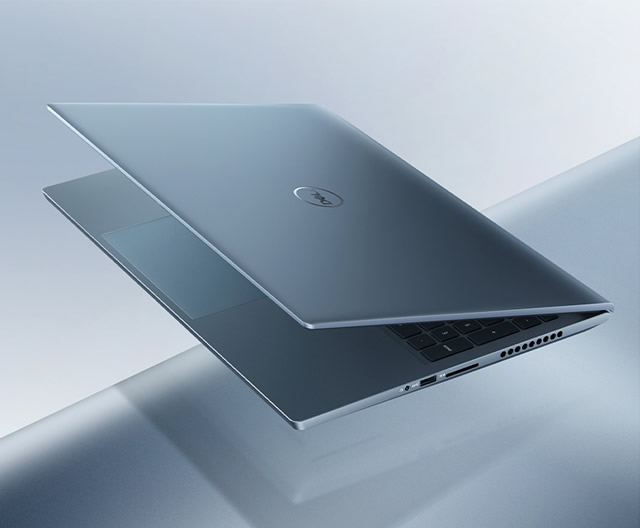When it comes to selecting a new laptop, the Dell vs. HP debate is one of the most common among consumers looking for a reliable and high-performing device. Which is better dell or hp laptops? Both Dell and HP are industry giants known for their wide range of options catering to various needs and budgets. But when pitted against each other, deciding which brand to go for can be quite daunting. This article dives into the strengths and weaknesses of both Dell and HP laptops, assessing aspects such as performance, design, customer service, and value for money to help you decide on your tech champion.
Performance and Specifications
Hardware Capabilities and Configuration Options
Both Dell and HP offer laptops with a range of hardware specifications to fit different user requirements, from basic models suitable for everyday tasks to high-end machines designed for gaming or professional use. Dell’s XPS series is renowned for its superior build and performance, whereas HP’s Spectre and Envy lines are their answer to premium performance computing. For those looking for gaming laptops, Dell’s Alienware range stands out, but HP competes closely with its Omen series. Comparing the hardware capabilities like processor speed, RAM, graphics, and storage options will give a clearer idea of which brand might serve your performance needs better.
Innovation and Technology Integration
Innovation is another key factor that differentiates Dell and HP laptops. Both brands strive to integrate the latest technologies into their products. Dell often leads with innovative features, such as borderless InfinityEdge displays and carbon fiber composites for lighter and stronger bodies. HP, on the other hand, has embraced advancements like Sure View privacy screens and has invested in sustainable materials. Considering the importance of future-proofing your investment, it’s worth checking which brand is currently pioneering features that align with your future needs.

Design and Build Quality
Ergonomics and Aesthetics
Design preferences are subjective, but there’s more to consider than just looks when it comes to choosing a laptop. Dell’s design philosophy typically focuses on minimalist aesthetics and durability, often featuring a mix of aluminum and carbon fiber materials. HP, while also producing sturdy laptops, tends to experiment more with design elements, offering a wider variety of colors and finishes, especially in its Spectre line, which targets users looking for a more eye-catching design. When deciding between Dell and HP, consider which brand’s design ethos aligns better with your taste and lifestyle.
Build Quality and Material Durability
Build quality is paramount as it dictates the longevity of your laptop. Dell’s premium lines, such as the XPS, are known for their exceptional build quality that often sets a benchmark for other brands. HP also offers solid build quality, particularly in its premium models, with attention to detail that ensures a high-end look and feel. For those who prioritize a laptop that can withstand the rigors of daily use, examining the build materials and chassis strength of laptops from both brands is a must.

Customer Support and Warranty Services
After-Sale Support and Service Experience
The level of customer support provided by a brand can be a crucial factor in the overall satisfaction with your laptop. Dell has a reputation for providing excellent customer service, with multiple support channels including phone, chat, and on-site services. HP also offers comprehensive support options, but user experiences can vary. Check independent reviews and consumer reports for feedback on both Dell’s and HP’s customer service to gauge how well they handle technical issues, warranty claims, and customer inquiries.
Warranty Terms and Options for Extension
Both Dell and HP provide standard warranties on their laptops, usually covering one year of limited hardware warranty. However, the details of what’s covered and the options for warranty extensions differ between the two brands. Dell offers a range of extended warranty and service plans, including accidental damage protection and premium support services. HP has similar offerings, with options to extend coverage and add on services like on-site repair. When comparing the two, look into the cost-effectiveness and comprehensiveness of their extended warranty plans.

Value for Money and Overall Investment
Comparing Price Points and Model Ranges
Value for money is a significant consideration when choosing between Dell and HP laptops. Both brands offer entry-level to high-end models, so it’s essential to compare similar configurations to determine which provides the better deal. Dell typically commands a premium for its higher-end models due to the build quality and customer service, while HP can often offer competitive pricing, especially in the mid-range market. Analyze the features and benefits relative to the price to determine which brand offers the best value for your budget.
Considering Long-Term Usability and Resale Value
Finally, think about the long-term prospects of your laptop. A device that holds up well over time and has a good resale value can be a better investment in the long run. Dell laptops generally have a strong reputation for durability and longevity, which can translate to better resale value. HP laptops also hold their value, especially the higher-end models with unique design elements. Researching the brand’s track record for reliability and checking out the second-hand market for both Dell and HP laptops will provide a clearer picture of their long-term value.

Assessing Future-Proof Features and Eco-Friendly Options
Adaptability to Emerging Technologies
In an ever-evolving tech landscape, considering how future-proof a laptop is becomes crucial. Both Dell and HP endeavor to incorporate features that will stand the test of time, such as Thunderbolt 3/4 ports, Wi-Fi 6 connectivity, and robust SSD storage. Dell’s proactive approach in offering docks and accessories that extend the functionality of their laptops gives them an edge in adaptability. HP counters with its own range of compatible accessories and a strong push into 2-in-1 devices that offer versatility for changing use cases. When comparing the two, assess which brand’s vision for technology aligns with the trajectory of your personal or professional growth.
Sustainability and Corporate Responsibility
Today’s consumers are increasingly conscious of their environmental impact, and this extends to electronics. Both Dell and HP have made commitments to sustainability, with Dell offering a recycling program and using recycled materials in its packaging and products. HP also emphasizes its use of sustainable materials and energy-efficient designs. When making your decision, consider which brand’s eco-friendly initiatives resonate with you and how they align with your values, as this aspect not only contributes to the global good but can also indicate the quality and durability of their laptops—a key factor in the long-term value of your investment.

Choosing between Dell and HP laptops is not a straightforward decision, as both brands bring their unique strengths to the table. While Dell may offer superior build quality and customer service, HP stands out with its bold designs and value for money. Ultimately, the best choice depends on your specific needs, preferences, and budget. Consider the performance, design, customer support, and overall investment value when making your decision. By weighing these factors carefully, you can select a laptop that not only meets your current demands but also serves as a dependable companion in the years to come.